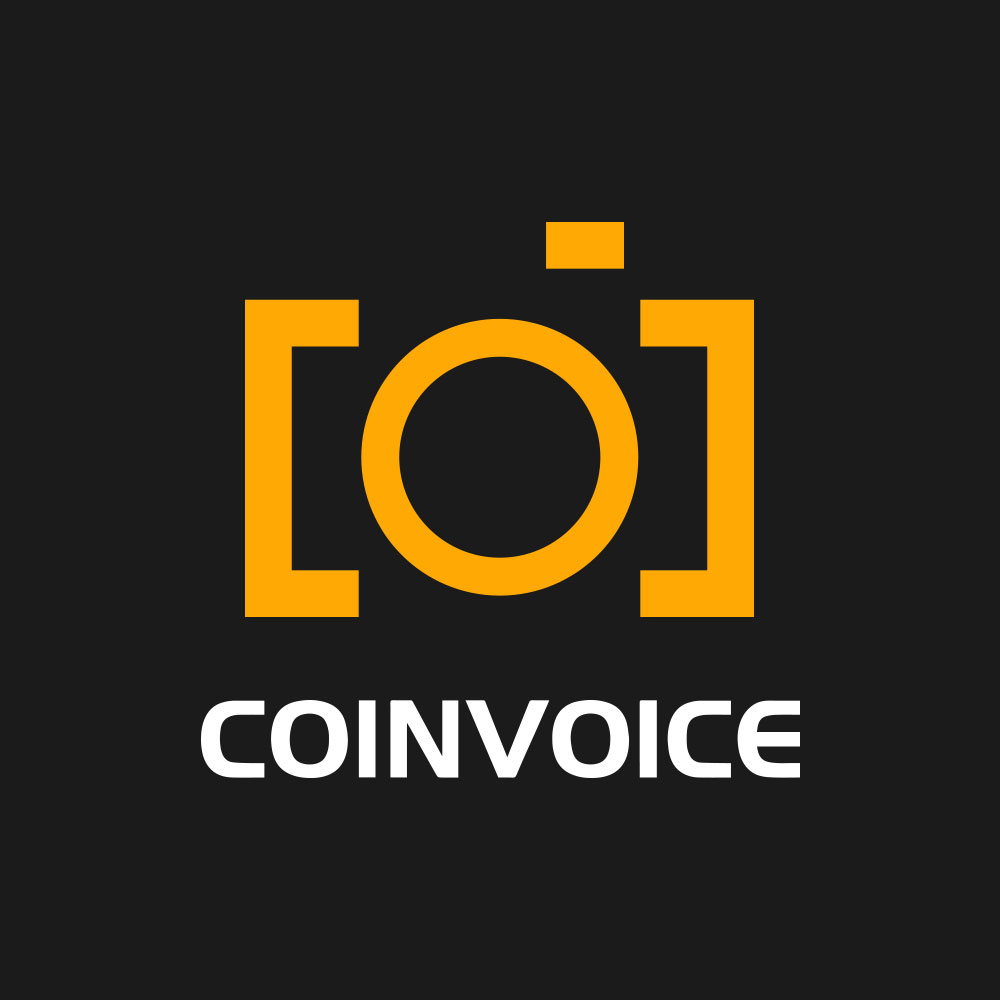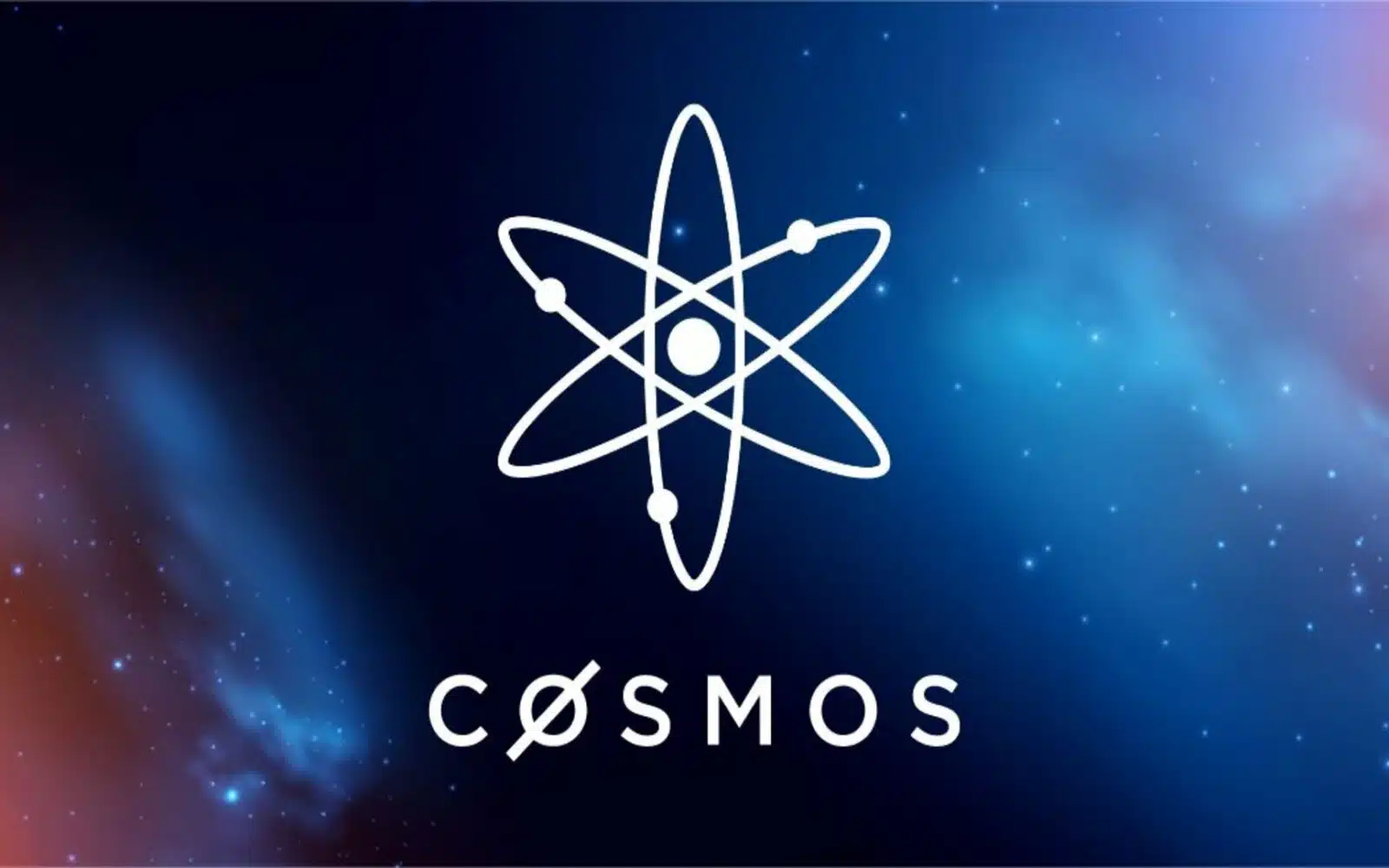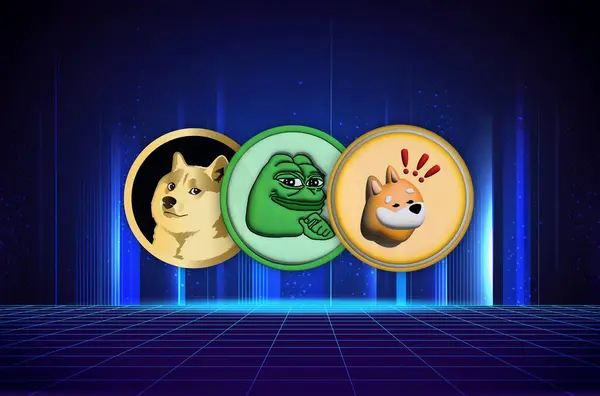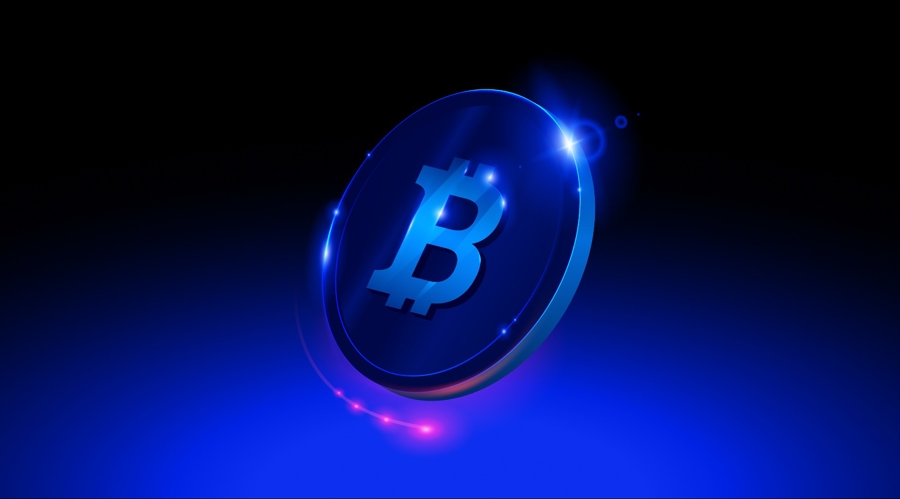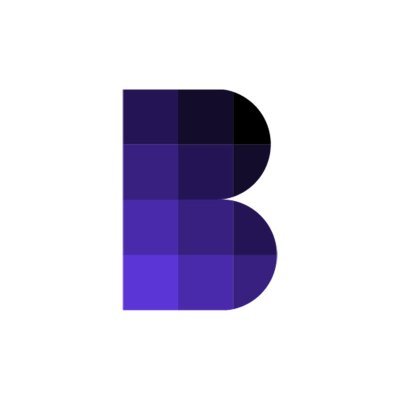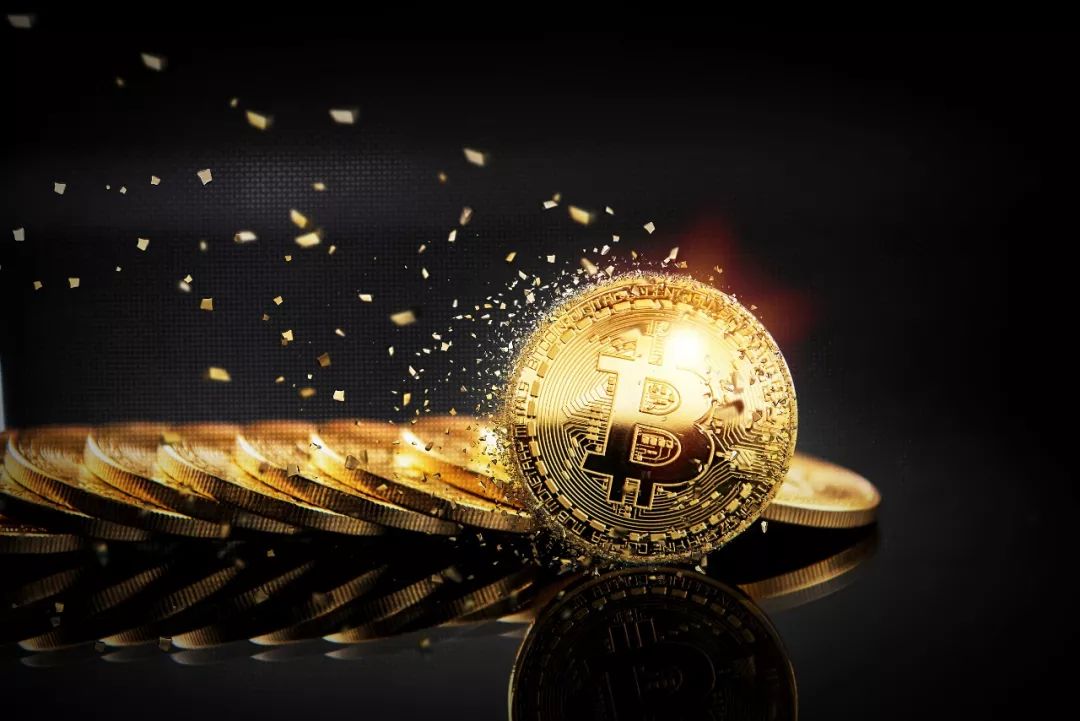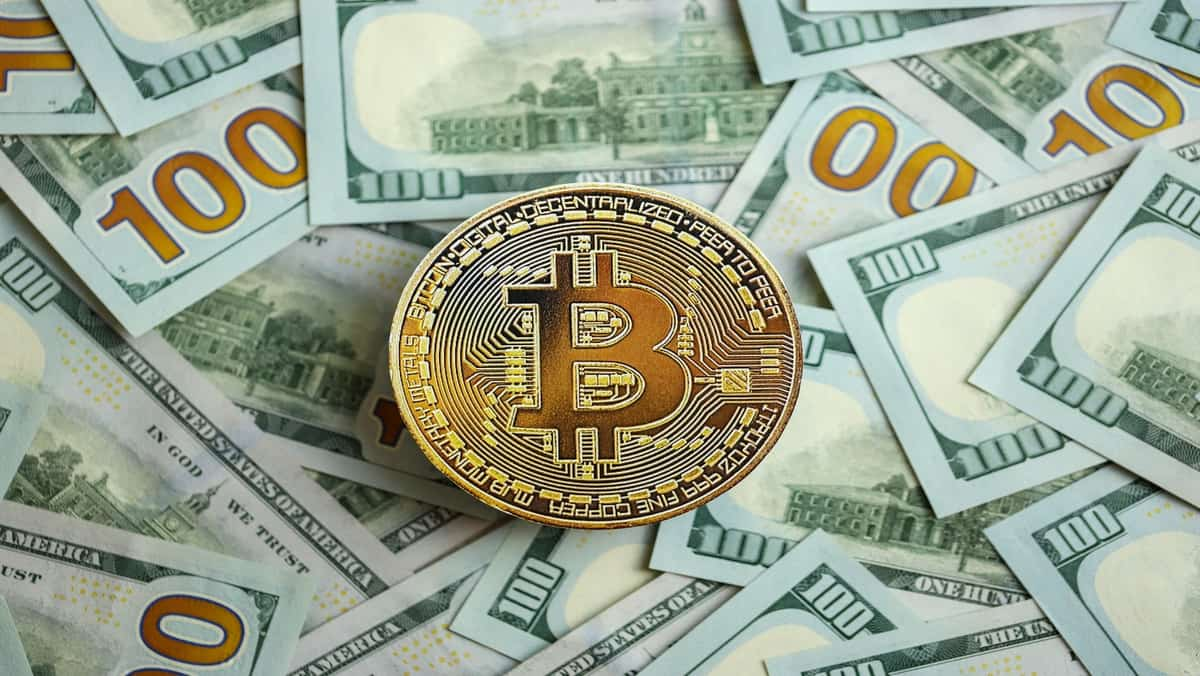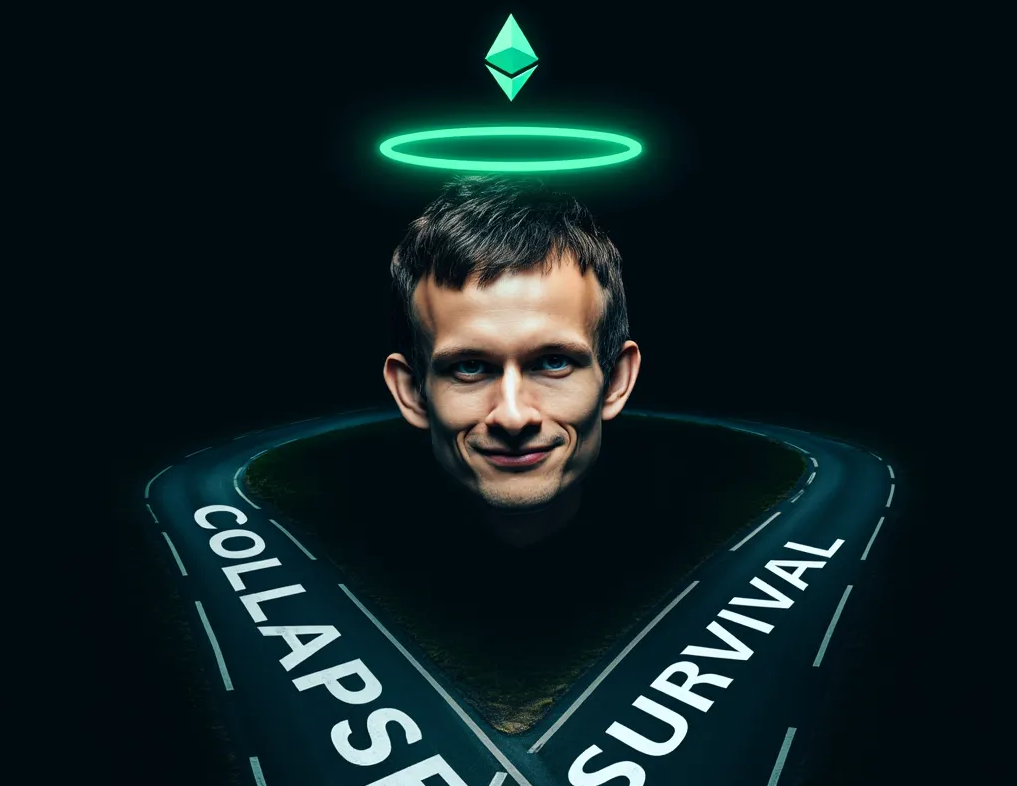The emergence of ChatGPT has shown people the infinite possibilities of AGI (Artificial General Intelligence). With the help of ChatGPT's AI technology, it be more human-like than humans themselves. Traditional Turing or language tests are no longer sufficient to identify real human identities online. However, human verification will be a crucial and inevitable link in the digital realm, especially in the current era of AI popularity. The challenge now is how to conduct human verification while ensuring user privacy and security, which is a problem that urgently needs to be solved for AI development. To address this issue, Sam Altman, the founder of OpenAI, has launched another world-class project, Worldcoin, which has once again entered the public eye. Worldcoin's goal is to use blockchain technology and decentralized identity verification systems to solve critical issues in digital identity verification and digital currency fields, and promote the development of the digital economy. Currently, Worldcoin is in the testing phase, and it is expected to launch on the main network in the first half of 2023.
AI Development Dilemma: Human Proof, Virtual Information Overload, and Disrupting Job Market
With the emergence of ChatGPT, the field of artificial intelligence has entered a new stage. The rise of large language models (LLMs) has enabled AI to mimic human expression in remarkable ways, but it has also raised a series of issues, including human proof, virtual information overload, and disrupting the job market.
Human proof problem
The human proof problem refers to the challenge of determining whether a user is a human or a computer program or robot in the field of computer science and AI. With the continued improvement of deep learning models, the performance of LLMs has reached the top 20% of human ability, making it increasingly difficult to distinguish whether a text or conversation is generated by a human or a machine. Traditional human proof methods, such as language recognition or Turing tests, may not be effective for AGI that has mastered human language and logical thinking. Therefore, we need to find a new way to prove that we are human rather than robots to ensure fair distribution of the benefits generated by future systems.
Virtual information overload problem
As AI technology develops, the problem of virtual information overload caused by AI is becoming increasingly prominent, such as false advertising and fake news. These pieces of information may have negative effects on people's lives and society. For example, some false advertisements may mislead consumers into buying low-quality products or defrauding them through fraudulent means. In addition, false information may also be used for malicious activities such as cyberattacks and online scams. Earlier, Facebook announced the removal of a group of AI accounts that maliciously fabricated false information and induced users to vote during the US midterm elections, indicating that the problem of virtual information overload caused by AI is becoming more and more serious.
Disrupting job market problem
The impact of AI technology on the labor market has attracted the attention of governments around the world. Recently, the US held its first major hearing on AI, and Sam Altman, CEO of OpenAI, called for regulation of AI, welcomed legislation in this field, and expressed concerns about the disruption caused by AI to the labor market. With the continuous development of AI technology, the trend of automation and robotization replacing traditional jobs may accelerate, leading to a large number of unemployment and social instability. Although AI technology may also create new job opportunities, these opportunities often require practitioners to have new skills and knowledge, which may result in some people losing job opportunities.
As the founder of ChatGPT, Sam Altman actively responds to the call to solve the increasingly serious AI issues. He supports regulation of the AI field and believes that blockchain technology has characteristics such as decentralization, privacy protection, and security, which can play an important role in solving AI problems. Recently, Sam Altman has frequently tweeted about Worldcoin, showing his confidence in solving AI problems through Worldcoin. In addition, according to reports, Worldcoin is negotiating a funding of $120 million at a valuation of $3 billion and plans to launch its mainnet in the coming weeks. Such a scale of financing is very rare in the current cryptocurrency market conditions, showing that the investment community is very optimistic about the prospects of Worldcoin. The successful funding of Worldcoin also demonstrates the enormous potential of blockchain technology in the field of digital identity authentication.
Worldcoin's Three Major Applications: Global Identity ID, Global Currency, and Wallet System
According to a report by the McKinsey Global Institute, over 4.4 billion people currently lack a legal identity or cannot verify their identity digitally. Therefore, Worldcoin's vision is to establish the world's largest and fairest digital identity and digital currency entity system to help everyone enter the global financial system. The system mainly involves three aspects: global identity (WorldID), global currency (WLD), and wallet system (World App).
Global Identity (WorldID)
WorldID is Worldcoin's vision to establish a global digital identity authentication system. Users will be provided with a unique and verifiable digital identity by scanning the iris with a biometric device called Orb. In addition, the World ID protocol uses the "Proof of Personhood (PoP)" mechanism, which allows everyone to prove their humanity online without relying on a third-party institution. This innovative identity verification method utilizes zero-knowledge proof to maximize privacy and achieves identity security through the user-managed World ID. Additionally, World ID can play a vital role in addressing the Sybil attack issue prevalent in Web3. The key to solving the Sybil problem is distinguishing between virtual and real accounts, and the wallet address established by World ID can only belong to a real human being since virtual accounts cannot pass the PoP mechanism. In the digital economy era, the importance of identity verification is self-evident, and the establishment of World ID is expected to provide a more efficient, convenient, and secure identity verification method for the global digital economy.
Global Currency (WLD)
Worldcoin plans to issue a global currency called WLD token. WLD is based on blockchain technology and has faster transaction speeds and lower transaction fees, making global transactions more convenient and secure. Unlike traditional currencies, WLD aims to become a global currency that is not restricted by borders and can be used worldwide. The total supply of WLD is 10 billion, with over 80% of token supply distributed to the community and contributors. Worldcoin uses a deflationary reward model in its token mechanism and incentivizes activity by doing tasks, which can motivate early participation and accelerate user growth. Also, the distribution of WLD tokens is not a one-time grant but obtained by doing tasks. At the early stage, users can receive one token per week, and the time interval for token distribution might increase over time, such as one token per month. This is beneficial for maintaining user activity. According to data, World App has already gained a considerable effect, with over 1.7 million registered users and a daily transaction volume of 60,000.
Wallet System (World App)
As the most important part of the Worldcoin ecosystem, World App is a native wallet developed specifically for Worldcoin. It not only supports payments, purchases, and transfers with Beta WLD but also supports various other tokens such as WETH, WBTC, DAI, and USDC (more tokens will be supported in the future). Additionally, World App supports both CEX and DEX applications, including Uniswap, ENS, Circle, Safe, Moonpay, and RampNetwork. Therefore, Worldcoin is not only a wallet entry but also a gateway from the real world to the crypto industry. Joining the Worldcoin world is like entering the Ethereum, Bitcoin, and other crypto ecosystems.
In terms of functionality, World App focuses on privacy and inclusivity, providing users with a simple and user-friendly application. In addition to the digital identity verification function, World App also has the function to store and send digital currencies. Users can choose to use a bank account or local payment method for deposits and withdrawals and can send instant remittances to friends or family worldwide via telephone contact or crypto address without paying any fees. In terms of service, World App also provides 24/7 online multilingual support to ensure that users can get help anytime and anywhere. In the digital economy era, a feature-rich, easy-to-use wallet system is essential, and World App meets this need.
Worldcoin's vision is highly forward-thinking and ambitious. The global identity ID system, global currency, and wallet system it plans to establish all have extensive practical applications and provide support and infrastructure for the digital economy. It also provides new directions and momentum for the development of the digital economy.
Challenges Facing Worldcoin: Technology, Legal Compliance, Competition, and Social Acceptance
Worldcoin is an innovative blockchain project led by renowned founder Sam Altman. Despite the influential founder, the project still faces many questions and challenges related to its advanced concepts and unique innovations. Specifically, the main challenges facingcoin include:
1. Technological feasibility: Worldcoin's technology solution has yet to be widely validated and applied, thus its technological feasibility still has some uncertainty. Some people have raised questions about the reliability and stability of its biometric technology, particularly in terms of privacy protection. Although the Worldcoin team claims not to associate user biometric data with Orb and only generates local irreversible one-way IrisHash values, this does not completely eliminate concerns about privacy. Moreover, even if the PoP mechanism can confirm that the account is behind a real person, there will still be cases where the registered account and the actual user are not the same person. The existence of businesses that replace others in completing iris verification on the current market just shows that such loopholes do exist.
2. Legal compliance: Digital currencies and identity authentication systems have not yet gained widespread legal recognition, so their compliance also faces some difficulties and challenges. For example, some countries and regions restrict and regulate digital currencies and identity authentication systems, which prevents Worldcoin from entering these countries. Currently, Worldcoin is licensed in 24 countries, 14 of which are developing countries and 8 are in Africa. Poor regions generally lack legal protection, and data collection costs are the lowest. Collecting user data in such places is also a disguised form of crypto-colonialism. In addition, users in these regions generally have little knowledge of the cryptocurrency industry and Worldcoin, making it not a good thing for them to join the cryptocurrency world.
3. Competitors: The market for digital currencies and identity authentication systems is highly competitive, and Worldcoin needs to face challenges from other competitors. For example, mature digital currency and identity authentication systems, as well as emerging competitors, are constantly launching more attractive and advantageous products and services, which may affect Worldcoin's market share and user base.
4. Social acceptance: Worldcoin needs to gain widespread social recognition and acceptance in order to succeed in the market. According to the official website, as of now, the World APP has only 1.7 million registered users, although its rapid growth rate of acquiring a new user every 14 seconds makes it one of the fastest-growing wallets in the world. However, this growth rate is still far from the target of reaching 1 billion users set by Sam Altman at the beginning of this year. Therefore, Worldcoin needs to take measures to increase its social acceptance, such as increasing transparency, releasing real-time updates, and maintaining communication with the community. These measures will help increase user trust and social acceptance of Worldcoin.
Summary
After two years of silence, the cryptocurrency project Worldcoin led by Sam Altman is finally making substantial progress. In addition to early biometric information collection work, the recently opened registration for the World APP and the announcement that the mainnet will go live in the first half of 2023 indicate that Worldcoin is about to enter an explosive period. As an innovative cryptocurrency project, although Worldcoin will still face many questions and challenges in the short term, it is undoubtedly one of the most promising cryptocurrency applications so far. Worldcoin combines blockchain technology, artificial basic income ideas to provide sustainable and fair income solutions for everyone in the world. It is expected to become the new era creator of digital identity and currency, making important contributions to the development of the global economy and society.
